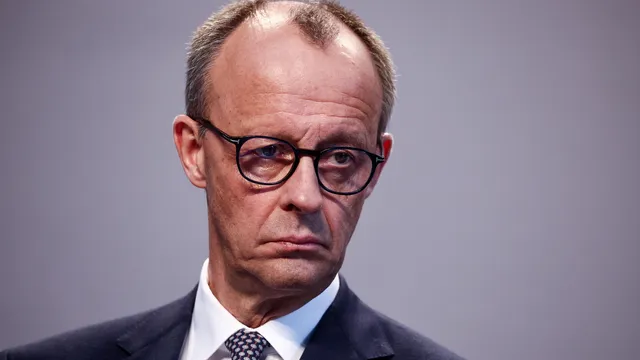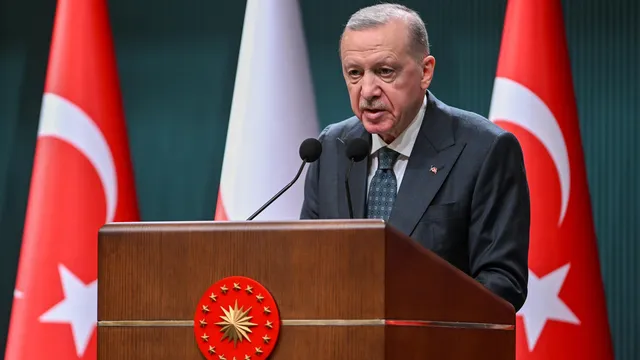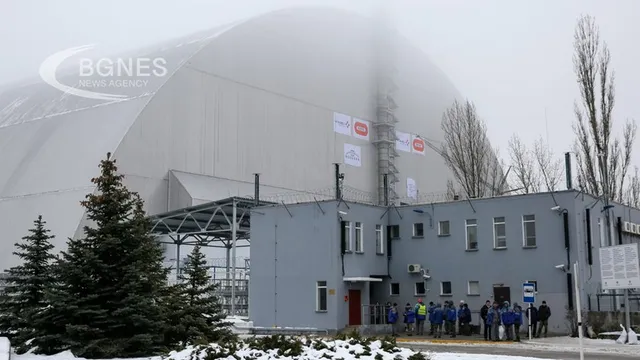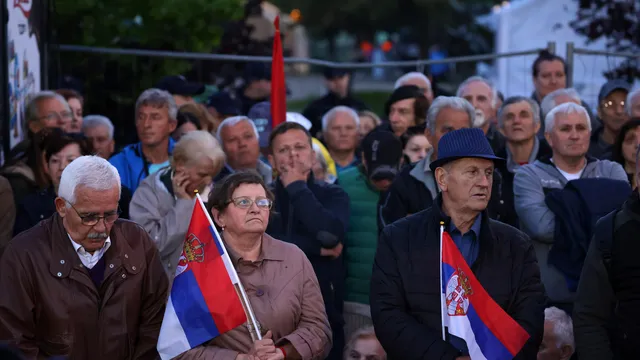Thousands of ideas, policies, plans, budgets, proposals, projects and lies. Countless governments in Skopje and Sofia and ZERO results in 150 years.
BGNES Agency's short movie “Bulgaria and Macedonia together against Corridor 8” tells the story, which can be viewed at: https://www.youtube.com/watch?v=xBKJTJAR6KM
The main task of the Pan-European Transport Corridor 8 is to connect the Adriatic with the Black Sea. It should reach the Italian ports of Bari and Brindisi via Albania, Northern Macedonia and the Bulgarian cities of Burgas and Varna. The corridor combines a motorway, railways and other accompanying infrastructure. All three components are missing between Sofia and Skopje, and what has already been built needs complete rehabilitation. More stray cats than trains pass along the railway in the Bulgarian town of Gyueshevo. The station's doors are locked, it resembles a set for a historical film.
“The history of the railway line Sofia-Kyustendil-Skopje is older than the history of the Third Bulgarian State”, historian Assoc. Angel Dzhonev points out.
Bulgaria is a member of the European Union and NATO. Its economy is larger than those of Serbia and North Macedonia combined. Yet Sofia allows cruel taunts from Belgrade and from pro-Serbian politicians in Skopje such as Prime Minister Hristijan Mickoski and Transport Minister Aleksandar Nikoloski. Through its inaction in recent years, Bulgaria has fallen behind in the geopolitical game in the Balkans. Aleksandar Vucic's regime even boasts that it has liquidated Corridor 8 in favour of Corridor 10 - the north-south route. This is where Serbia's historic ally, Greece, comes in.
"We also have an interest in the development of vertical infrastructure, but we still need to develop Corridor 8. The Port of Thessaloniki used to be provincial, and now it has every chance to become extremely economically important. However, what we (bulgarians) will do is our business", says Stefan Stoyanov, Bulgaria's former ambassador to Greece in 2002-2006. Transport links are invaluable not only for bilateral relations but also for people-to-people connections. At the same time, Tirana is creating a transport ring with all the neighbouring countries with a compact Albanian minority, and Greece remains the leading Balkan country in terms of transport infrastructure.
Decades have been lost in which opportunities for genuine rapprochement with Macedonia have been missed by Bulgaria. There is no room for more excuses. Today no one will wait for Sofia to complete its task - neither NATO, nor the European Union, nor Bulgaria's adversaries.
Vice Admiral Rear Admiral Plamen Manushev poses the following question: Without transport links with Italy, how would logistics for the NATO Battle Group in Bulgaria be managed?
Corridor 8 is a key priority for the European Union and crucial for NATO forces mobility in the Balkans. So how many more decades must pass before it finally connects Bulgaria and Macedonia?
-----
Dimitar Ruskov, BGNES News Agency

 Breaking news
Breaking news
 Europe
Europe
 Bulgaria
Bulgaria






